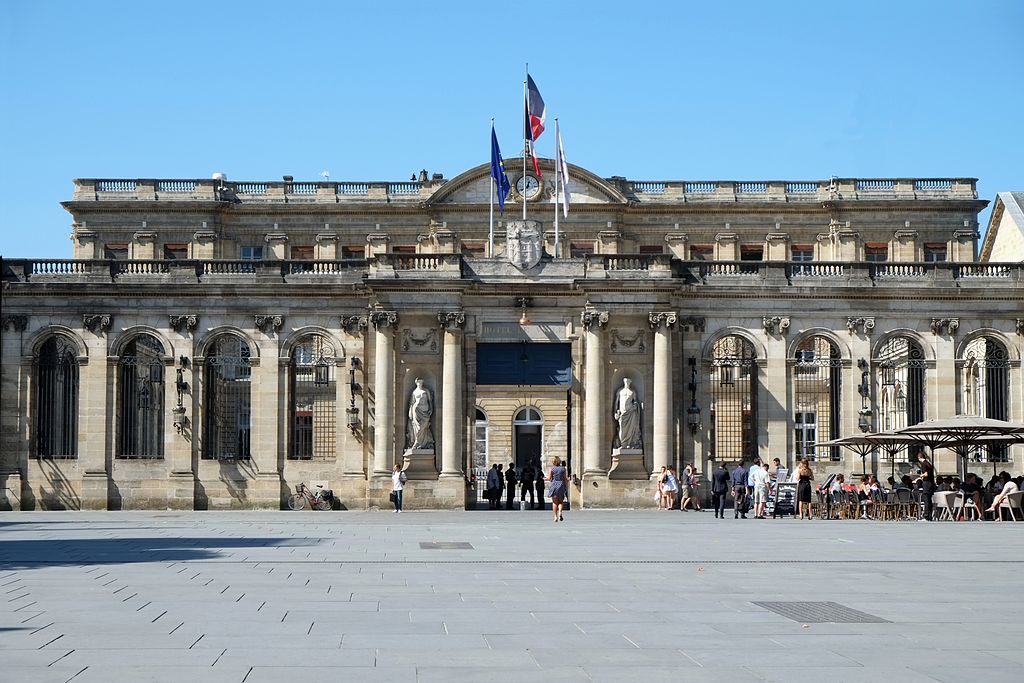Overall Score
The first settlement of the present city of Bordo was founded in the fifth century AD by the Gauls. The city was founded in the fifth century AD by the Gauls and was called Bourdégale. The strategic location of the river Dewez attracted the Romans, who took over the village and made it an important crossing point. The local rich land produced a very good crop of wheat, which was exported to Rome, and a trade route from Britain passed through the city, from where various metals were transported. All of this led to the citys rise during the period of antiquity. This is evidenced by the construction of the Great Amphitheater for 15,000 people, as well as the granting of the citys status as a Roman law city, highly prestigious in the Empire. The city walls were built after the Battle of Várrava in 276.
In the period of the early Middle Ages the city was for a time occupied by the Arabs, but after the victory of Charles Martial at Poulet and the later Reconquista, Bordeaux was occupied by the Franks. As a result of dynastic ties in the twelfth century, the city came under the dominion of the English monarchs, who gave Bordeaux many trade privileges. The main commodity imported into England by the inhabitants of the city was wine, a culture of which the Romans had introduced. Thanks to this trade, Bordeaux is booming, with many buildings and fortifications. Even the plague epidemics that plagued Europes population have bypassed this city. But the boom lasts only a short time – after the defeat in the Hundred Years War, the Anglo-Anglicans lost control of Bardo. The French kings, in order to establish control over a city dissatisfied with its new rulers, are building two towers. One of them is known as the Tower of Tuba, and the other one is known as the Tower of Xa. Legend has it that the King of France had nothing to say on the news of the completion of the construction, and he retracted his words with the words «Õa!».
The new heyday came in the eighteenth century, when the active consolidation and the establishment of trade relations in the Atlantic made Bordeaux the principal port of France. The money raised from the trade allowed them to tear down the walls, which were no longer needed, and to build the streets, the parks, and the famous theater. This upheaval was preceded by the French Revolution and the Anglo-Bolivarian blockade that began when Napoleon came to power.
In the nineteenth – twentieth centuries, Bordeaux was called «tric capital» because the government of Paris had fled there. The city, thanks to the development of industry, has become one of the centers of the country.
Overall Score
- Air quality: 30 US AQI Good. Air quality is satisfactory, and air pollution poses little or no risk.
- Tap water: Yes, safe to drink
- Religious government: Non-religious
- Population: 240,000 people
- Population density: busy: 14x14m 196m per person
- GDP: $36,826 / year
- Foreigners can own real estate: Yes
- Power outlets: 230V50Hz

- Internet: 23 Mbps
- Best wireless: B&YOU
- Pay without cash: Yes, cards OK almost everywhere
- Tipping: You can leave around 5-10 percent if you are very happy with your meal. This will be more than appreciated. Essentially tipping in France is more of a gesture, and less of an obligation. So, if you receive exemplary service then it is nice to leave a larger tip to demonstrate your appreciation.
- Apartment listings:
- Apartments: Airbnb
- Hotels: Booking.com
- More hotels: Hotels.com
- Best taxi: Uber
- Best coworking space: Coolworking
- Online electronics shop: Amazon
- Best short-haul air carrier: EasyJet
- Best intl air carrier: Air France
- Monthly costs for expat: $1800
- Monthly costs for family: $3800
- Monthly costs for local: $1100
- Meal: $12
- Small Cola: $2
- Beer 1 Pint: $6
- Coffee: $4
View Larger Map

